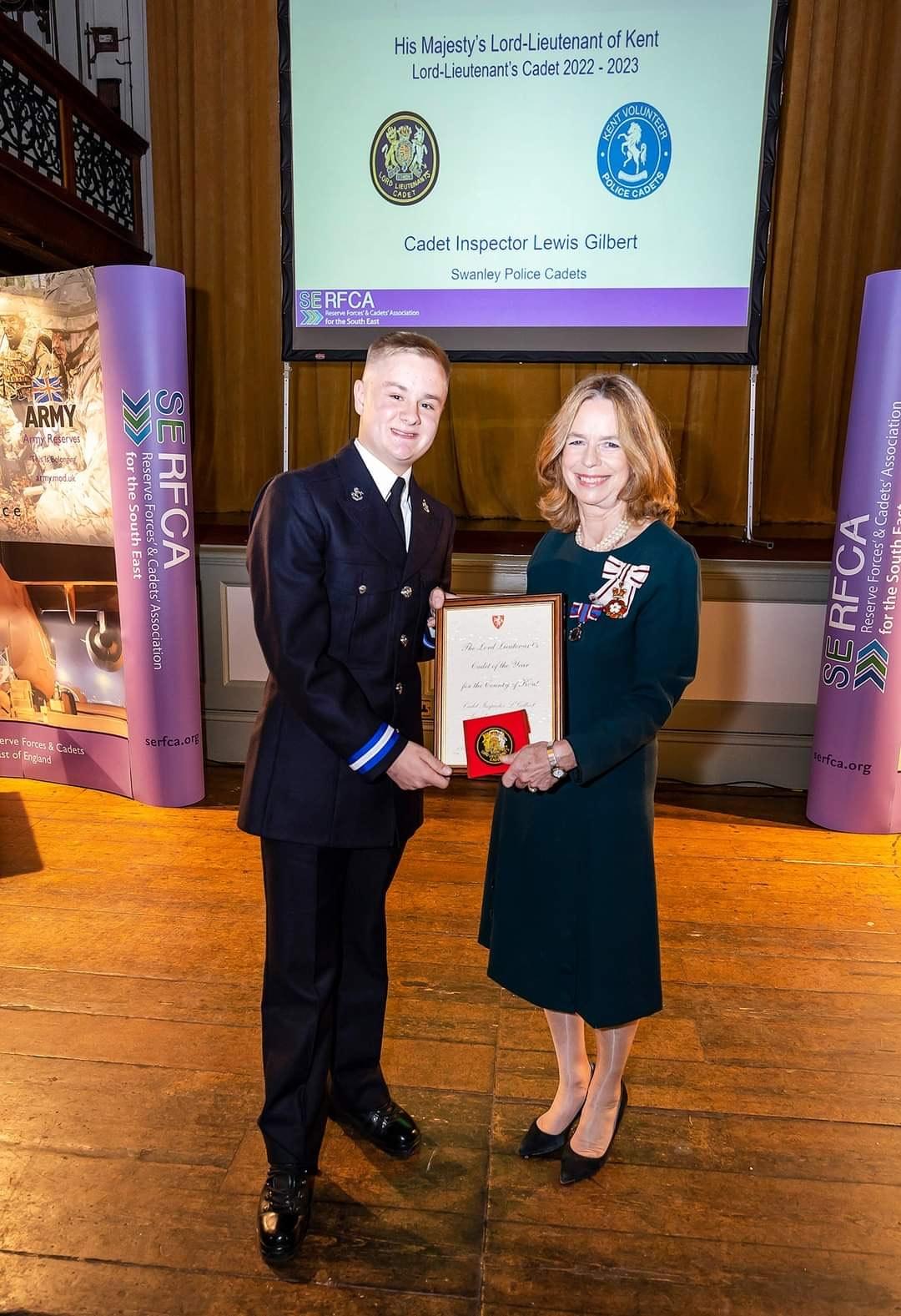This course provides an ideal opportunity to explore the service you would like to join. The course consists of 12 units over the two years:
-
Prepare for a career in a chosen uniformed service
-
Develop aspects of physical fitness for entry to the uniformed services
-
Develop leadership skills
-
Equality, diversity and inclusion
-
Mental and physical wellbeing
-
Values and Standards
-
War and Conflict
-
Crime Scene Investigations
-
ICT in the uniformed services
-
Security Procedures
-
Map Reading
- Collaboration between emergency services
Through studying these units, you will gain knowledge on a wide range of uniformed services and their roles and responsibilities. You will also develop a variety of skills, including teamwork, leadership, communication and self-discipline, which will be required when applying for your chosen uniformed service and undertaking their initial training. In addition to the qualification, uniformed services learners will be able to interact with different guest speakers from uniformed services and are expected to undertake community projects and volunteer for specific uniformed services events, such as Remembrance parades.
Course options
Code
D3D121PLevel
Level 3Mode
Full TimeCampus
DartfordDuration
2 YearsStarting
8/09/2025Ending
18/06/2027-
What qualification will I gain?
NCFE Level 3 Diploma for Entry to the Uniformed Services
-
Entry Requirements
Successful applicants need to have 5 GCSEs graded 9-4 (A*-C), including maths and English. Learners may also progress onto this course if they have successfully completed a full level 2 diploma and achieved a Merit.
-
What progression options will I have?
UCAS points have been awarded for this qualification to gain access to University and Higher Education. Please check the UCAS Tariff Points calculator.
-
What costs are involved?
Tuition Fees: 16-18 - free 19+ Advanced Learning Loan - £4150 Exam and Registration Fees (payable by all aged 19 and over): £200
-
How will I be assessed?
The NCFE programme will use continuous assessment rather than examinations and you will be able to track your performance as you work towards your targets. You will be encouraged to manage your own assessments and identify where you have met the required standards. Methods of assessment may include web blogs, presentations, practical demonstrations, posters, reports, leaflets, interviews and discussions. The programme is taught through theoretical and practical training sessions. Each unit will provide you with assessment opportunities as you work to achieve your goals and targets. You will need an active passion for the public services and your tutors will encourage you to discuss your own achievements as well as the issues in society.


